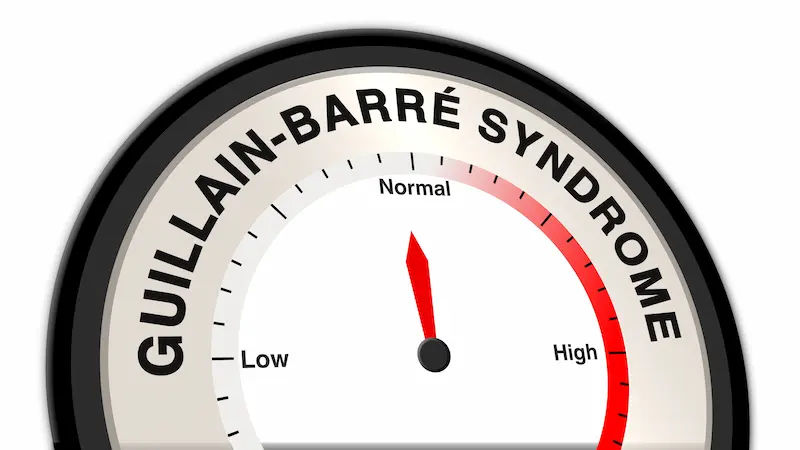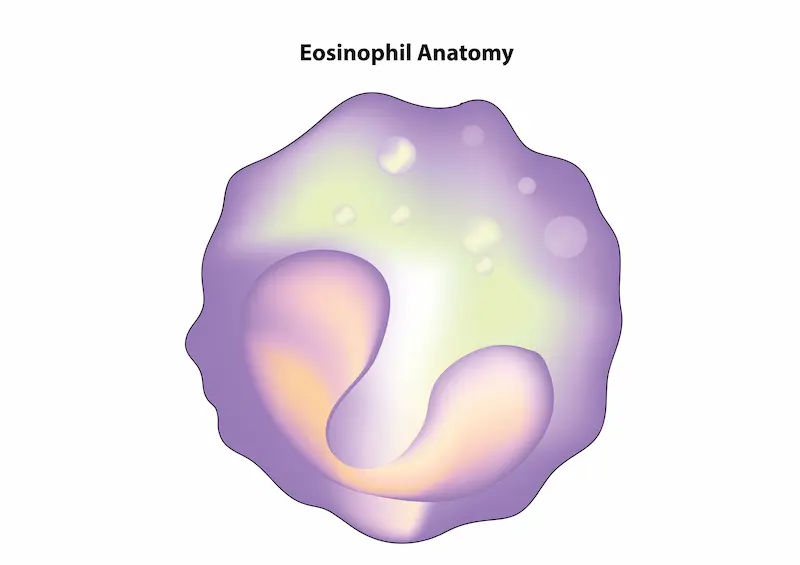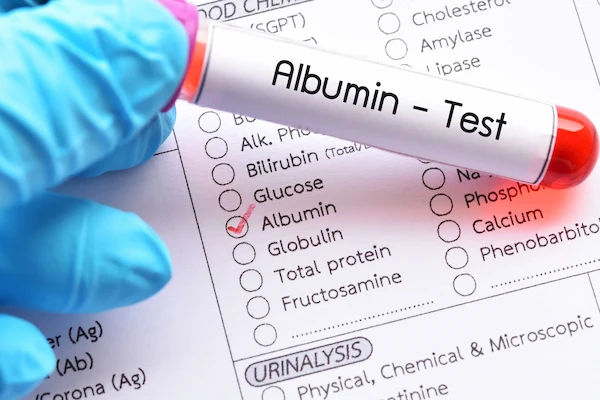Understanding Low Blood Pressure and Its Management
Understand low blood pressure, its symptoms, causes, and risks. Learn management tips and treatment options to maintain healthy blood flow and prevent complications.


Introduction
Low blood pressure, also known as hypotension, is a condition where your blood pressure drops below the normal range. While high blood pressure often gets more attention, low blood pressure can also affect your health and daily life. If you frequently feel dizzy, tired, or faint, you might be experiencing hypotension.
In this article, we’ll explore what low blood pressure means, its causes, symptoms, and how you can manage it effectively.
What is Low Blood Pressure?
Blood pressure is the force of blood pushing against the walls of your arteries as your heart pumps it through your body. It is measured in two numbers:
- Systolic pressure (top number): Pressure when your heart beats.
- Diastolic pressure (bottom number): Pressure when your heart rests between beats.
A normal blood pressure reading is around 120/80 mmHg. Low blood pressure is generally considered when your reading is below 90/60 mmHg.
While some people naturally have low blood pressure without any issues, others may experience symptoms that affect their daily life.
Consult a General Physician for the best advice
Symptoms of Low Blood Pressure
If your blood pressure is too low, you may experience:
- Dizziness or lightheadedness (especially when standing up quickly)
- Fainting or near-fainting spells
- Blurred vision
- Fatigue or weakness
- Nausea
- Difficulty concentrating
- Cold, clammy skin
If you frequently experience these symptoms, it’s important to consult a doctor to rule out any underlying conditions.
Causes of Low Blood Pressure
Low blood pressure can happen due to various reasons, including:
1. Dehydration – Not drinking enough water reduces blood volume, lowering pressure.
2. Heart Problems – Conditions like a slow heart rate (bradycardia) or heart failure can cause hypotension.
3. Hormonal Imbalances – Issues with thyroid, adrenal glands, or diabetes can affect blood pressure.
4. Blood Loss – Severe bleeding from injury or internal issues can lead to a sudden drop in BP.
5. Medications – Some drugs for high blood pressure, heart disease, or depression may lower BP too much.
6. Pregnancy – Hormonal changes and increased blood flow can cause temporary low BP.
7. Nutritional Deficiencies – Lack of vitamin B12 or folate can lead to anaemia, reducing blood pressure.
When to See a Doctor?
Occasional dizziness or mild symptoms may not be alarming, but seek medical help if you experience:
- Frequent fainting spells
- Confusion or difficulty thinking clearly
- Rapid, shallow breathing
- Weak, rapid pulse
- Chest pain
These could indicate a serious underlying condition that needs immediate attention.
How to Manage Low Blood Pressure?
If you have low blood pressure without severe symptoms, simple lifestyle changes can help manage it:
1. Stay Hydrated
- Drink plenty of water (at least 8-10 glasses a day).
- Include electrolyte-rich drinks (like coconut water or oral rehydration solutions) if you sweat a lot.
2. Increase Salt Intake (Moderately)
- A slightly higher salt intake can help raise blood pressure, but consult your doctor first, especially if you have heart or kidney issues.
3. Eat Small, Frequent Meals
- Large meals can cause a sudden drop in BP. Opt for smaller, balanced meals throughout the day.
- Include iron-rich foods (leafy greens, beans, lean meats) to prevent anaemia.
4. Avoid Sudden Position Changes
- Stand up slowly from sitting or lying down to prevent dizziness.
5. Wear Compression Stockings
- These help improve circulation and reduce pooling of blood in the legs.
6. Exercise Regularly
- Light exercises like walking, swimming, or yoga can improve circulation.
- Avoid heavy weightlifting or extreme workouts if you’re prone to fainting.
7. Limit Alcohol
- Alcohol can dehydrate you and worsen low BP.
When to Consider Medical Treatment?
If lifestyle changes aren’t enough, your doctor may recommend:
- Medications (like fludrocortisone or midodrine) to raise blood pressure.
- Adjusting current medications that may be causing low BP.
- Treating underlying conditions (like heart disease or hormonal imbalances).
Final Thoughts
Low blood pressure is manageable with the right approach. If you experience persistent symptoms, don’t ignore them; consult a doctor to ensure there’s no serious underlying cause.
Stay hydrated, eat well, and take care of your body to keep your blood pressure in a healthy range!
Consult a General Physician for the best advice
Consult a General Physician for the best advice

Dr. Rajib Ghose
General Physician/ Internal Medicine Specialist
25 Years • MBBS
East Midnapore
VIVEKANANDA SEBA SADAN, East Midnapore

Dr. Prof. Ramulu
General Physician/ Internal Medicine Specialist
47 Years • MBBS, MD
Secunderabad
Apollo Hospitals Secunderabad, Secunderabad

Dr. Indrajit Das
General Physician/ Internal Medicine Specialist
4 Years • "MD (Internal medicine) : Gauhati Medical College and Hospital, Guwahati (2018-2021) MD (Pathology) : Gauhati Medical College and Hospital, Guwahati (2012-2015) MBBS (Bachelor of Medicine, Bachelor of Surgery) : Silchar Medical College, Assam (2003-2008) "
Guwahati
Apollo Excelcare Hospital, Guwahati

Dr. Subashini Venkatesh
General Physician/ Internal Medicine Specialist
25 Years • MBBS., DCH, MRCGP, Dip (Dermatology), CCT
Chennai
Apollo One Chennai, Chennai
(25+ Patients)

Dr. Hariprasath J
General Physician/ Internal Medicine Specialist
19 Years • MD (Gen Med), FCCP, Dip (Diabetology, UK)
Chennai
Apollo First Med Hospitals P H Road, Chennai
(225+ Patients)
Consult a General Physician for the best advice

Dr. Rajib Ghose
General Physician/ Internal Medicine Specialist
25 Years • MBBS
East Midnapore
VIVEKANANDA SEBA SADAN, East Midnapore

Dr. Prof. Ramulu
General Physician/ Internal Medicine Specialist
47 Years • MBBS, MD
Secunderabad
Apollo Hospitals Secunderabad, Secunderabad

Dr. Indrajit Das
General Physician/ Internal Medicine Specialist
4 Years • "MD (Internal medicine) : Gauhati Medical College and Hospital, Guwahati (2018-2021) MD (Pathology) : Gauhati Medical College and Hospital, Guwahati (2012-2015) MBBS (Bachelor of Medicine, Bachelor of Surgery) : Silchar Medical College, Assam (2003-2008) "
Guwahati
Apollo Excelcare Hospital, Guwahati

Dr. Subashini Venkatesh
General Physician/ Internal Medicine Specialist
25 Years • MBBS., DCH, MRCGP, Dip (Dermatology), CCT
Chennai
Apollo One Chennai, Chennai
(25+ Patients)

Dr. Hariprasath J
General Physician/ Internal Medicine Specialist
19 Years • MD (Gen Med), FCCP, Dip (Diabetology, UK)
Chennai
Apollo First Med Hospitals P H Road, Chennai
(225+ Patients)




